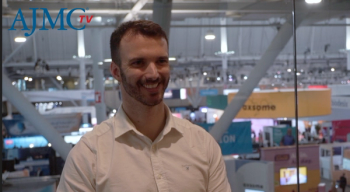
Chronic obstructive pulmonary disease (COPD) presents a significant challenge for both patients and health care providers and discussions of effective management strategies took center stage at CHEST 2024 in Boston.

Chronic obstructive pulmonary disease (COPD) presents a significant challenge for both patients and health care providers and discussions of effective management strategies took center stage at CHEST 2024 in Boston.
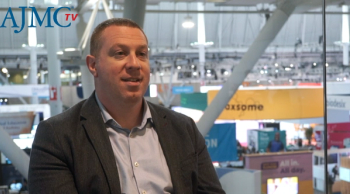
Hope is on the horizon for patients living with chronic obstructive pulmonary disease (COPD). CHEST 2024 in Boston featured a session highlighting emerging bronchoscopic therapies.
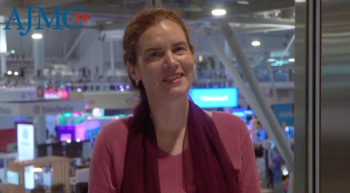
New data presented at CHEST 2024 in Boston revealed a significant link between obstructive sleep apnea and mental health disorders in middle-aged and older adults.
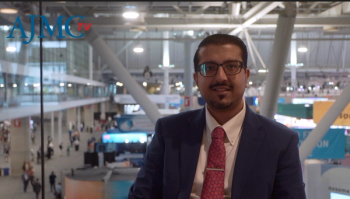
Krunal Patel, MD, Temple University Hospital, highlights CHEST 2024 data revealing why timing matters with acute pulmonary embolism (PE) intervention.
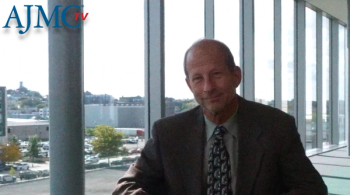
One of the first sessions to kick off CHEST 2024 in Boston looked at the future of physician compensation, which highlighted the consolidation of physician practices, unionization, the role of coding and fee-for-service payment, and the impacts of facility reimbursement, inflation, and market conditions.
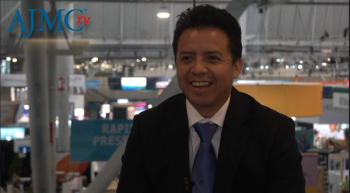
In this interview, Juan Carlos Martinez, MD, explains that while patients recognize the severity of lung cancer, there is a lack of knowledge about lung cancer screening methods, likely due to barriers such as language, education, and health care access.

The Center on Health Equity & Access is dedicated to reducing health care disparities by exploring innovative solutions, policies, and research that advance health equity for diverse populations.

The extent to which certified community behavioral health clinic expansion reaches different parts of the country remained unclear until this study, which measured the proportion of US counties and populations within the service areas.

Parth Rali, MD, Temple University Hospital, is looking forward to approaching pulmonary vascular diseases as a spectrum, especially when assessing pulmonary embolism and pulmonary hypertension, at CHEST 2024.

The Supreme Court’s decision, paired with the newest data demonstrating the public impact of the opioid crisis, illustrates the legal potential in addressing the crisis and the ongoing public health challenges of treatment access.
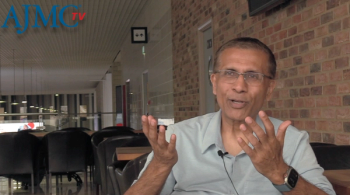
While previous trials have led to questions surrounding the potential benefits of valve interventions in mitral or tricuspid regurgitation, a pair of trials presented recently demonstrate their potential, Javed Butler, MD, MPH, MBA, president of the Baylor Scott and White Research Institute, said.

The Center on Health Equity & Access focuses on addressing disparities in health care access, exploring innovative solutions, policies, and research to improve health equity across diverse populations.

Delia Orosco, MS, director of Community Wellness Centers at Inland Empire Health Plan, shares insight into innovative initiatives provided by the wellness centers and their new mobile mammogram clinics.
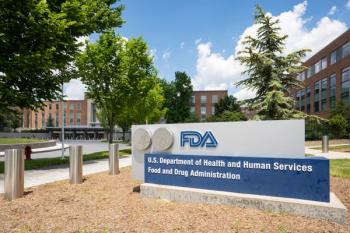
Formally known as KarXT, xanomeline-trospium chloride (Cobenfy) receives approval from the FDA for the treatment of schizophrenia in adults.

The South Asian Healthcare Leadership Forum marked its 10th anniversary with a gathering of over 100 prominent physicians, policy makers, and executives at Brigham and Women’s Hospital.

Catalyst for Payment Reform (CPR) explores stakeholder perspectives in Florida, Michigan, and Nevada, revealing both the challenges and opportunities states face in reforming health care pricing structures.

Boarding times in the emergency department (ED) have risen nationally, but the implications for health equity have remained understudied. This study investigated whether prolonged ED boarding contributed to perceived racial discrimination and dissatisfaction with care.
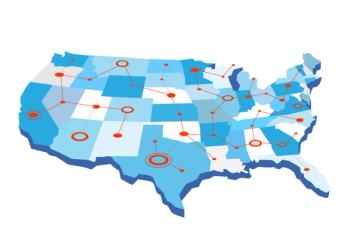
"As CMMI continues to test new equity adjustments, it is important that changes be grounded in scientific principles with extensive testing and validation to ensure the tightest linkage to social needs and health outcomes for underserved communities across the entire US," authors wrote.

The Center on Health Equity & Access covers news spanning health policy, politics, and clinical research, while featuring interviews with expert insights.

Rachel Dalthorp, MD, discusses how zuranolone (Zurzuvae) can improve postpartum depression when compared with previous treatment approaches.

Results show that cognitive decline, combined with factors like smoking, obesity, and chronic health conditions, sharply increased the likelihood of premature death among patients with schizophrenia.

Chris Barton, LCSW, of Horizon Blue Cross Blue Shield of New Jersey, explores how the Youth Behavioral Health Strategy program focuses on addressing the specific needs of youth with mental health and substance use issues through a comprehensive approach.

The presidential debate showed the candidates’ differing views on women's health care, an area of medicine that currently faces issues related to patient care and outcomes as well as barriers to access.

From the presidential debate, ongoing conferences, and health care deserts in rural America, the Center on Health Equity & Access covers the latest news on population health, managed care, and health policy.

The National Comprehensive Cancer Network Policy Summit emphasized the importance of integrating diversity, equity, and inclusion into the oncology workforce to improve cancer care outcomes and address disparities while navigating legal and societal challenges.

New research reveals disparities in opioid prescribing by race among Medicare beneficiaries, sparking concerns about potential impacts on rehabilitation outcomes.

During the presidential debate, former President Donald Trump and Vice President Kamala Harris shared their differing visions for the future of the Affordable Care Act (ACA).

Ali Khawar, Employee Benefits Security Administration, US Department of Labor, believes the final rule will be a benefit to employers and health plans that are trying to do the right thing and offer robust mental health benefits or substance use benefits.

The Center on Health Equity & Access provides the latest news, research, and expert opinions on the state of equity in health care.

While psychedelics like LSD and psilocybin are generally well tolerated in clinical and research settings, study authors suspect inconsistent reporting of adverse events.

259 Prospect Plains Rd, Bldg H
Cranbury, NJ 08512
© 2025 MJH Life Sciences®
All rights reserved.
